Wheels & Deals: Your Credit Score and Car Buying

Only a relatively small percentage of car buyers purchase their vehicle with actual cash – and we don’t mean getting a loan somewhere other than the dealer then using those funds to buy the car. We’re talking about actual, non-financed, take-it-from-your-account cash.
The rest of us have to borrow money in order to pay for that shiny new set of wheels. As with any loan, there will be terms dealing with its repayment. The most important parts of this puzzle? Total term and interest rate. This article will focus on the latter by talking about its main determinant – your credit score.
Though a calculation that makes your author’s head spin, lenders determine how much of a risk someone will be before loaning them money. To oversimplify, banks and other financial institutions try and figure out how likely a customer is to repay the amount being given to them. To offset this risk, lenders will charge a higher interest rate. In doing so, the bank lessens its chances of not being repaid on the initial loan amount.
Why does a bad credit score affect my interest rate?
Photo credit: muk woothimanop / Shutterstock.com
When a loan’s interest rate is high, the original sum is repaid more quickly thanks to a higher monthly or bi-weekly payment. Here’s an example to help illustrate.
Let’s imagine a pair of car shoppers, one with a good history of repayments and one with bad credit. Both seek to borrow $10,000 in order to purchase a used car. At a rate of 4 per cent over 60 months, the customer with good credit will repay a total of $11,040 at about $184 per month. This means it will take the bank about 54 months to recoup their original investment of ten grand.
A person with bad credit, however, may be offered a rate of 19.99 percent. Using the same terms gives us a payment of $265 per month. In this scenario, the bank will recoup its original investment in about 36 months. Total amount to be repaid? A whopping $15,893.
Why do interest rates vary because of credit score?
Generally speaking, lenders view people with poor credit as less likely to repay the full amount of money they are being given. This is why, in our scenario above, the bank will get all of their money back from Customer #2 in just three years compared to nearly five years with Customer #1. Financiers look at past performance as an estimate of future behavior – if someone was negligent in paying off old loans, banks tend to assume that same person will do the same in upcoming situations. As some parents know, if the kid didn’t clean the cat litter last week, he’s probably not going to this week either – at least not without being reminded.
SEE ALSO: What is Financing a Car? And What is a Good Financing Rate?Its irony is not lost on your author. Financial institutions use this same narrative when trying to sell interest-bearing products such as investments – except they flip the wording on its head and say that past performance is not an indicator of future behavior. In other words, they’re hedging their bets in both directions.
How to get financing for a car within bad credit
Photo credit: Nejron Photo / Shutterstock.com
Issues of bank ethics aside, one can still get financing for a car despite having a history riddled with credit problems. After all, car dealers are in the business of moving metal and will likely do everything in their power to sell you a vehicle. This means that lender exist whose sole reason for being is to provide loans to high risk customers.
While the formula for determining a credit score is something of a dark art, know that a score of roughly 650 or higher should be good enough for lenders to extend favorable terms, though anyone under 700 is at risk for higher rates. If your score is lower than that, however, it’s time to perform a bit of homework to ensure the only one getting taken for a rise is the passenger in your new car.
By the way, some institutions refer to this number as a FICO score; this is an acronym that actually stands for Fair, Isaac, and Company – an analytics company focused on credit scoring services. #TheMoreYouKnow
Be prepared to explain bumps in your credit history. If marks against you are tied to a business debt but you haven’t missed a car payment in decades, be sure to emphasize that to the lender. A person with bad credit is also more likely to be approved if they have a steady job and own a home. As with other pieces of the financing puzzle, those are two pluses in your history that can help predict your future actions.
How to buy a car with bad credit
If you know your credit is challenged when shopping for a car, be sure to bring documentation that proves you’ve been paying your bills on time for the last year or so. If you’ve been late on payments in the past, be ready to explain why. Lenders like to hear that a potential client has overcome financial issues and moved past them.
Even if one car dealership says no, it’s not the end of the road. Big car lots, or ones that are part of a large business group, have often built up relationships with a bunch of lenders thanks to their sales volumes. Some places will also finance cars in-house, meaning they’re using their own money to front the loan. This is increasingly rare but it does exist.
SEE ALSO: The Best Time to Buy a CarIt is also an exceedingly good idea to work with a reputable lender to get pre-approved for a certain amount of money before you hit up the car lots looking for a vehicle. This can benefit the customer in several ways. Making an appointment and sitting down with a lender away from the bright showroom lights leaves more time for talking about your credit history and having a conversation about how it can be repaired.
This also reduces the chance of being seduced by a shiny new (or new-to-you) car and – most importantly – it helps you stick to a budget. Walking into a dealership pre-approved for $10,000 keeps a lid on the amount you’re about to spend. Negotiating financing at the dealer level opens you up to the chance of a seller trying to get you comfortable with a particular monthly payment and not focusing on the total amount of money actually being spent on the car.
How does bad credit happen?
Photo credit: TierneyMJ / Shutterstock.com
There are any number of ways in which a person can scupper their credit rating, from failing to pay bills on time to letting debts go bad (writing off a credit card, for example) to declaring bankruptcy. The latter adds its own particular set of challenges but is not totally insurmountable. One’s credit history can also be affected by a divorce, especially if the customer is on the hook for some sort of monthly payment after the fact for either family responsibilities or leftover debt.
Having no credit at all is also unhelpful. People who are young or new to the country may have yet to take out a loan in any form, leaving the banks with no history at all upon which to make a decision about lending. Irritatingly, some places take a ‘worst-case’ approach to these customers. To help mitigate this issue, it’s not a bad idea to get a small-balance credit card and use it occasionally for minor purchases, making sure to pay off its balance before it is due. This at least puts positive actions on your credit history.
There is also an argument that having a good credit mix helps a credit score. This means a person will have been successful at paying off a fixed-type loan (like a car loan) in addition to revolving-style loans (like a credit card or line of credit).
Photo credit: Michelli Okiyama / Shutterstock.com
Become an AutoGuide insider. Get the latest from the automotive world first by subscribing to our newsletter here.

Living in rural Canada, Matthew has immersed himself in car culture for over 30 years and relishes the thought of a good road trip. A certified gearhead, he enjoys sharing his excitement about cars and is very pleased to contribute at AutoGuide. Matthew is a member of Automotive Journalists Association of Canada (AJAC).
More by Matthew Guy



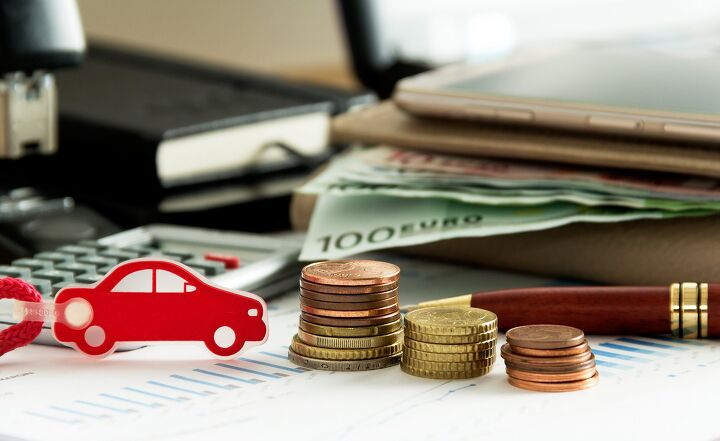













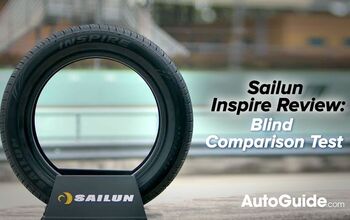
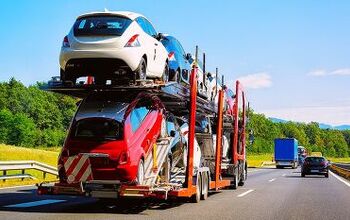


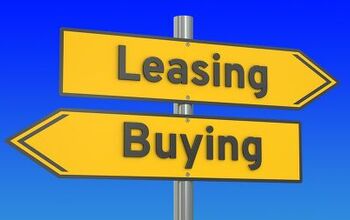

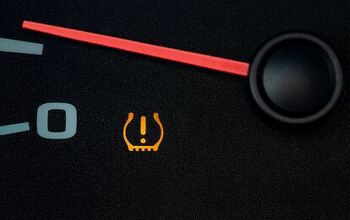

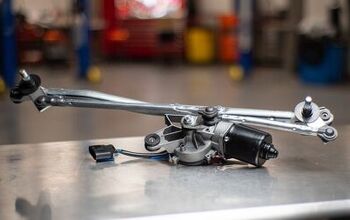




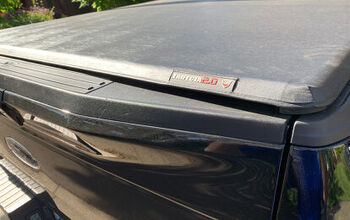

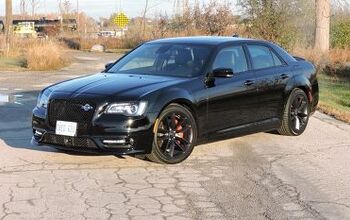


Comments
Join the conversation